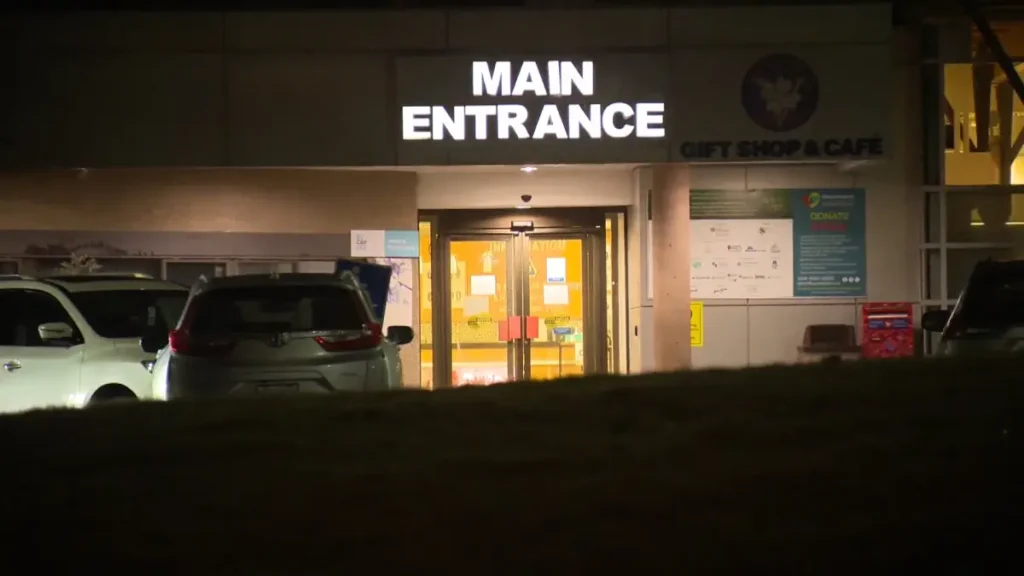Emergency rooms in two British Columbia cities were shut down over the long weekend due to ongoing staffing issues. The closures affected hospitals in Delta and Mission, both managed by the Fraser Health Authority. This left many residents seeking emergency care in nearby towns or waiting longer for medical help.
The health authority confirmed that the closures were mainly due to a shortage of doctors and nurses. These temporary ER shutdowns raised concerns among residents and health advocates, who say such problems are becoming more common.
The Delta Hospital’s emergency room closed from Saturday evening to Monday morning. During that time, people needing urgent care were directed to hospitals in Surrey or Richmond. In Mission, the ER at Mission Memorial Hospital also closed temporarily, affecting many in the local area who rely on it for quick medical treatment.
Health officials say they worked hard to notify the public through online updates and local alerts. They also coordinated with nearby hospitals to handle the extra patients. Despite those efforts, many people were left confused or had to travel further for treatment.
Some patients said they were not aware of the closures until they arrived at the hospital. Others waited longer than usual in emergency rooms in nearby cities, as more people sought care outside Delta and Mission.
The Fraser Health Authority says the staffing issues are due to a mix of factors. These include vacation time during the long weekend and not enough available emergency doctors to fill the shifts. The health system has also been dealing with burnout and high turnover among medical staff.
Over the past year, emergency room closures have become more frequent across British Columbia, especially in smaller or rural communities. Experts say this is part of a larger problem in Canada’s healthcare system, where demand keeps growing, but staffing remains limited.
To prevent more ER closures, the health authority says it is actively working on recruitment. They are trying to hire more emergency doctors and nurses, and they are offering incentives to bring professionals to hard-to-staff hospitals. They are also exploring ways to use telehealth services during times when in-person staffing is low.
Despite those plans, residents in Delta and Mission say they are worried. Many feel they can’t rely on their local hospitals during emergencies. Some parents say they feel unsafe knowing they might have to drive 30 to 40 minutes if their child suddenly becomes ill or injured.
Local leaders have asked the province to take urgent action to support hospitals in affected communities. They are calling for more funding and faster solutions to the staff shortage problem.
In the meantime, the Fraser Health Authority is encouraging residents to check hospital websites before heading to the ER. They are also reminding people to call 911 in serious emergencies, as ambulance services will continue to take patients to the nearest open emergency room.
The health authority says they understand the stress caused by these closures. They say the safety and care of patients remain their top priority, and they will continue working to keep all emergency rooms open and fully staffed.
As staffing challenges persist, residents in British Columbia may see more changes in how emergency care is delivered. For now, officials say planning ahead and staying informed is the best way to ensure timely medical help during these disruptions.

